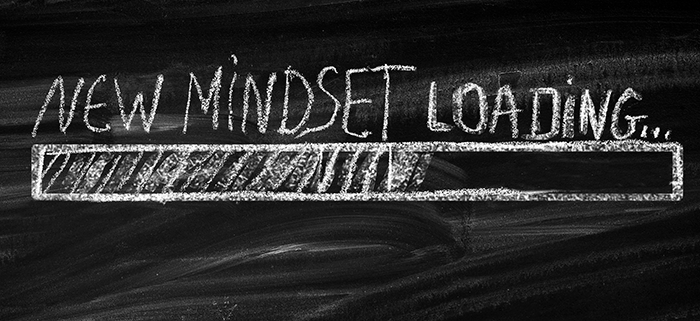For almost five decades, Meitler has helped schools, parishes and dioceses construct long-term, comprehensive strategic plans. By gathering relevant statistical data and immersing its consultants into the client’s local situation and culture, Meitler was able to guide the client in identifying and prioritizing important and timely issues and creating a game plan to address those issues. The world-wide COVID-19 pandemic has affected almost every part of our lives, both personal and work related, so it is no surprise that the core work Meitler has so successfully performed for so many years has also been affected. Like many businesses, we have reevaluated our primary function of comprehensive long-term planning.
How does one create a 5-year plan for an elementary or secondary school when no one is certain about what will happen in the next few months, or weeks? What baseline data should one use to determine future trends? Frankly, what relevance does the past have to our future?
While there are some exceptions, especially at the diocesan level, Meitler is hesitant to encourage long-term comprehensive planning until the world situation becomes more stable and life starts to return to normal, even if that is a new normal. But that doesn’t mean there aren’t areas that would greatly benefit from a data-based strategy. In fact, those already weakened schools that sit on the sidelines and wait for the COVID crisis to subside might very well find themselves in a fatal spiral while those who engaged in activities to maintain sustainability will probably emerge, as strong or stronger than before and with an eye toward growth. As such, Meitler has re-tooled and pivoted to focus on short term goals and help schools address specific areas and relevant activities.
Enrollment Management
Schools are all over the place in terms of enrollment. Some have lost students to home school options, while others have increased enrollment from last year because they offer something parents want, whether that be in-person instruction or a more personalized environment. Still other schools are facing swings in numbers as parents change their minds about what they are most comfortable with for their child. An enrollment management plan is not just about recruiting students, but equally focused on retaining students. Especially for those schools that are seeing an increase in enrollment, will those students remain after the worst of the crisis is over? If your school offers in-person instruction, some parents might transfer their child out of a 100% virtual school and into your school. What happens, however, when that virtual school reopens to in-person instruction? How can you engage that student and family with your school culture so they become your student?
The comfort level of parents in this time of uncertainty must also be addressed. How transparent is the school with plans, activities and COVID-19 details such as infections, sanitizing, etc.? How is the school administration communicating with parents – newsletters, emails, Zoom meetings, etc.? How are the teachers modeling the personalized approach we promote? Meitler can help you identify issues specific to your school and its demographics and create an action plan to stabilize or possibly even grow your enrollment.
Institutional Advancement
Like enrollment management, institutional advancement is about more than just fundraising. Areas that need specific attention include marketing, communication strategies and donor cultivation. If a school does not tell its story, focusing on those elements that make it attractive, other people will fill that void and make up the details. Depending upon how they feel about your school, those details will be helpful or damaging. As every teacher knows, it is much harder to unteach false information than teach to a blank slate.
While this crisis has affected a large segment of our population, it has not affected everyone equally. There are many people for whom the crisis is a news story. They have not been personally affected except to be inconvenienced. Many of them are wealthy enough to be philanthropic and they care about how society emerges from this pandemic. There is an opportunity to identify and cultivate new and enthusiastic donors to your school’s mission. How to find them and how to share your story and mission with them requires research and planning, the thing Meitler does best.
Academics
Prior to the COVID-19 crisis, much was said and published about the need for schools to update their curriculum to be compatible with next generation workplace skills. For most schools, however, it was just talk – something to think about, someday. Teachers were very comfortable standing in front of their classrooms while students continued to learn as they had for generations before. Technology in many schools was still considered a fad or, worse, a distraction. Lip service was paid when schools proudly announced their 1:1 laptop program then used those powerful machines for word processing and internet searches. COVID-19 has changed all that! The power and possibilities of technology are now in front of all of us. At the most basic level, there is no excuse going forward for a school to ever have a snow day again. At a more transformative level, remote learning has shown its effectiveness, most often seen in Catholic schools. Even if children gather again someday in a school building, access to people and places far from that building are available. There are now various options for interactions between a teacher and a student.
In a very few years, there will be those schools that revert back to the learning model designed in the 1890s and other schools that redesign themselves to focus on personalized learning, problem-based curricula and competency-based assessment. The redesigned schools will not go through this transformation because of a theory or a fad, but because they recognize the new, post COVID-19 reality. School can be more than it has been in the past. But even with this new sense of reality, it won’t just happen. Teachers, parents and administrators need to work together to harness the potential unleashed by this crisis. Best practices need to be researched and professional development for teachers needs to be established. The whole concept is overwhelming and calls out for a strategic approach. A plan.
As stated above, we are not living in normal times. The typical approach to long-term, comprehensive planning does not fit today’s situation. But that doesn’t mean planning is impossible or irrelevant. Now is the time to initiate planning in specific areas, areas that will help your school emerge from this confusing and unpredictable time with a clear path toward sustainability and growth. Let Meitler help you create that plan and find that path.


